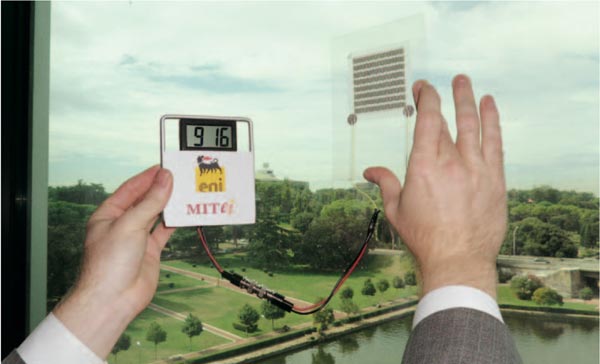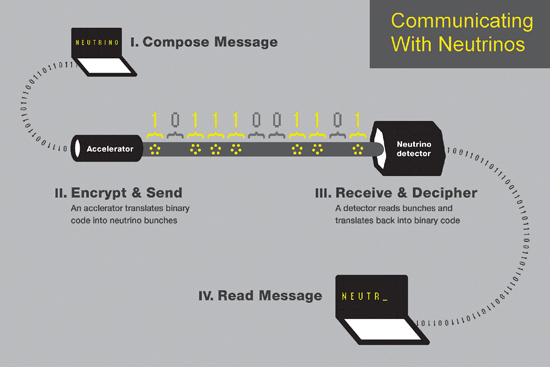Green energy from snowfall produced by Snow-TENG
A team of researcher and colleagues from the University of California – UCLA conducted by senior author Richard Kaner, have designed a brand new...
Garda Lake water is curiously lifted by Earth’s spin
Garda Lake climate and location
Garda Lake also called in Italian "Lago di Garda" is the most largest lake in Italy having 370 km² surface and a...
Printed solar cells to produce green electricity
Solar cells declined costs in decades
Solar power has declined dramatically its cost over the past decades. We could say that was a decrease from...
The trees as raw material for elastic high-capacity battery
I never thought that is possible to make elastic high-capacity battery from wood pulp. Now it is obviously. A very good team of researchers...
Toyota Camatte a Japanese Concept Car
During the International Tokyo Toy Show 2012 this June, Toyota has released a new concept vehicle called Toyota Camatte.
This concept car looks like a...
Electrically conductive gel – now printable
Researchers from Stanford University have invented an electrically conductive gel, quick and easy to make, which can be applied onto a surface with an...
Bringing down the cost of fuel cells
Engineers at the University of Wisconsin-Milwaukee (UWM) have identified a catalyst that provides the same level of efficiency in microbial fuel cells (MFCs) as...
Researchers send “Wireless” message using a beam of neutrinos
A group of scientists led by researchers from the University of Rochester and North Carolina State University have for the first time sent a...
Mathematicians find a way to hide waves inside an invisible Hat
Invisibility, once the subject of magic or legend, is slowly becoming reality.
Over the past five years, mathematicians and other scientists have been working on...
Self-Assembling Nanocubes
Researchers at the University of California, San Diego Jacobs School of Engineering have developed a technique that enables metallic nanocrystals to self-assemble into larger,...










